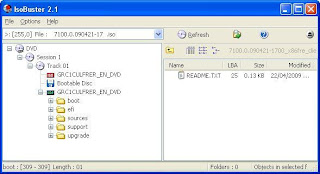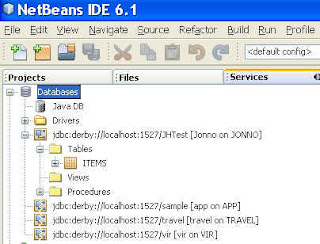Swimming against the current
One of the things I notice when reading the Java/NetBeans documentation on database "applications" is that they all envisage an "application" which just scrolls through a recordset displaying records. This so dull. Why would anyone want to create another "application" like this, when there are so many out there which do exactly that. Why write something from scratch when you can buy a product off the shelf like MS Access which does exactly that, and does it jolly well? Why does everyone just copy everyone else? I want my app to connect to a database, read stuff from it, and write stuff to it, but without my users even knowing it is there. My users are students doing a math activity. My database is of no interest to them, and they as individuals are of no interest to my database. What is of interest is the way they interact with items stored in the database, and I want to use this interaction to refine parameters associated with the items. If I sel...

